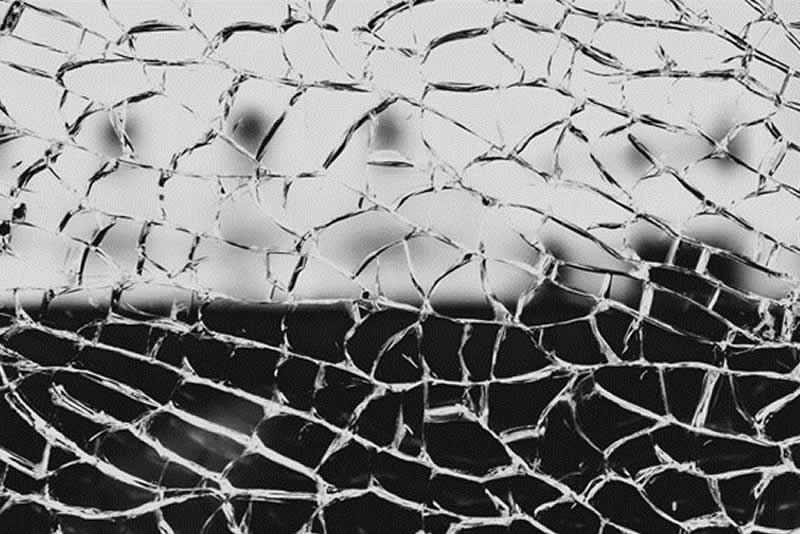Windows can be a truly stunning part of a house. The beautiful views they allow you to enjoy and how they reflect from the outside can add character to a home in a way that few other features do. That makes it all the more troubling if you happen to notice a crack in your window. It may be small now, but you may not be able to help the nagging voice in the back of your head asking if you should be more concerned about it.
What Causes a Cracked Window?
It’s essential to understand what can cause cracks in windows. Though imperceptible, window glass will expand and contract with temperature fluctuations. Usually, that isn’t enough to cause problems, but if your window is weakened, it can cause stress cracks. So can repeatedly shutting your windows too forcefully, for that matter. Objects impacting windows can cause them to chip and crack or even break altogether. Pressure cracks are uncommon, but they do happen and are often due to weather extremes.
Monetary Problems
Cracked glass cannot insulate your home correctly. It will let warm air out during cold months and fail to keep the cool air in during the hot ones. These drafts mean your heating and cooling systems have to work that much harder to keep your home at a comfortable temperature. If your system works harder, it’s pulling more power. That, in turn, means that you’re going to be paying a lot more for your electricity than you need to be. Beyond that, it can allow condensation to enter your home, causing damage to your window frames and potentially promoting mold growth. You’ll need to foot the bill for the repairs, all of which can be avoided by having the broken glass repaired or replacing the glass altogether.
Security Problems
No one ever thinks they’ll run afoul of a thief, but the reality is that no one is immune to being robbed. If a would-be thief notices a crack in your window, your home becomes a much more vulnerable target. Remember that thieves are looking for easy targets. Homes with whole windows, visible security, and reliable locks are less inviting to criminals. They are more likely to be passed over in favor of something more comfortable to break into. If you have a crack in your window, take steps to secure it to discourage would-be criminals from targeting your home. Better yet, have it repaired or replaced to eliminate the problem.
Safety Problems
Even a single crack in a single-window can pose a safety hazard. Shards and slivers of glass can break free from a damaged window and land on the floor or windowsill. From there, it’s easy for them to become embedded in a hand or a foot where they can become irritating and painful. Because of the sheer nature of glass, tiny slivers can be challenging to find and remove. As the damage worsens and spreads, the danger becomes more significant too. It’s essential to have the cracked or broken glass repaired or replaced before someone gets hurt. In the meantime, cover the inside and outside to prevent people from touching it. Applying masking tape over the crack can help prevent pieces of glass from falling out. Leave the window closed to avoid damaging it further.
What to Do About a Cracked Window
If your window is cracked, it’s essential to address it now rather than later. Broken glass is fragile glass, and it will only get worse. Depending on your local conditions, it may not take much at all to go from a tiny crack to a full-blown broken window. It’s possible to replace a damaged pane of glass, though that may only be a temporary solution. Your best bet is to have the window professionally replaced, so you have a perfectly intact, strong glass window.
Cracked windows can be a big deal. They can cause monetary, security, and even safety problems. Understanding what causes cracked windows can help you reduce the risk of yours cracking again. Just as importantly, you need to know what to do when you have a cracked window. If you notice a crack in any of your windows, take action to prevent it from becoming worse later.



